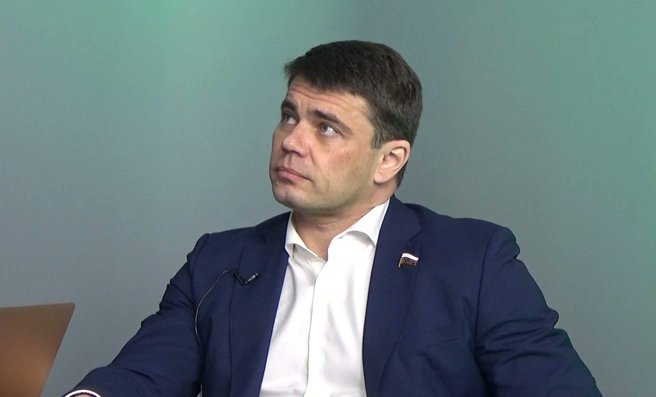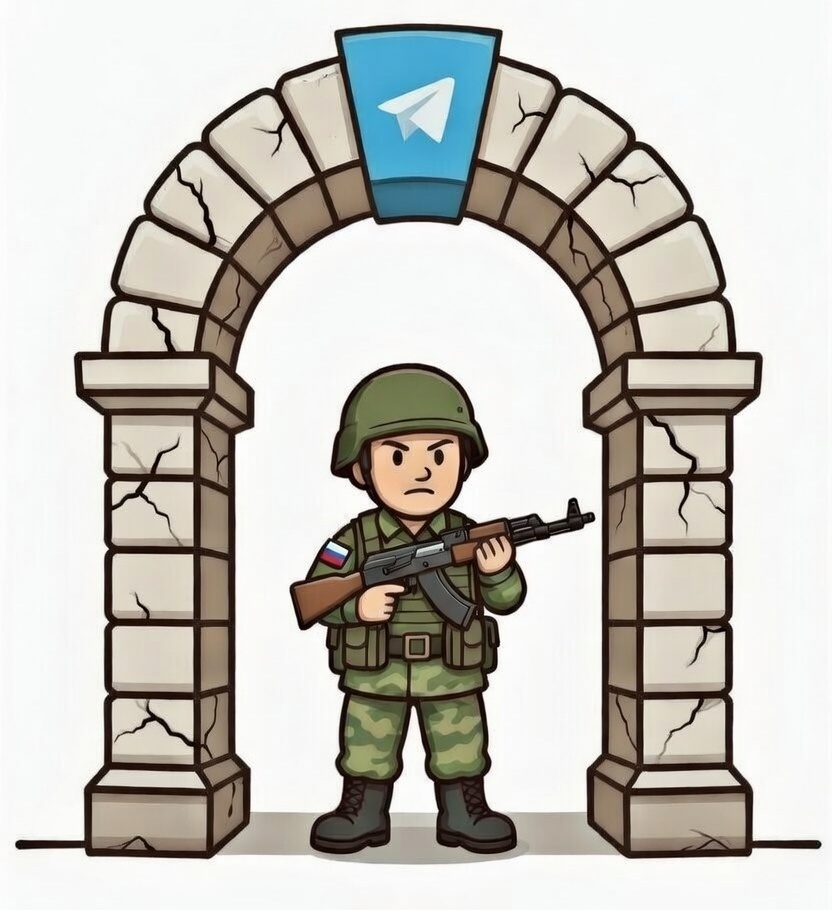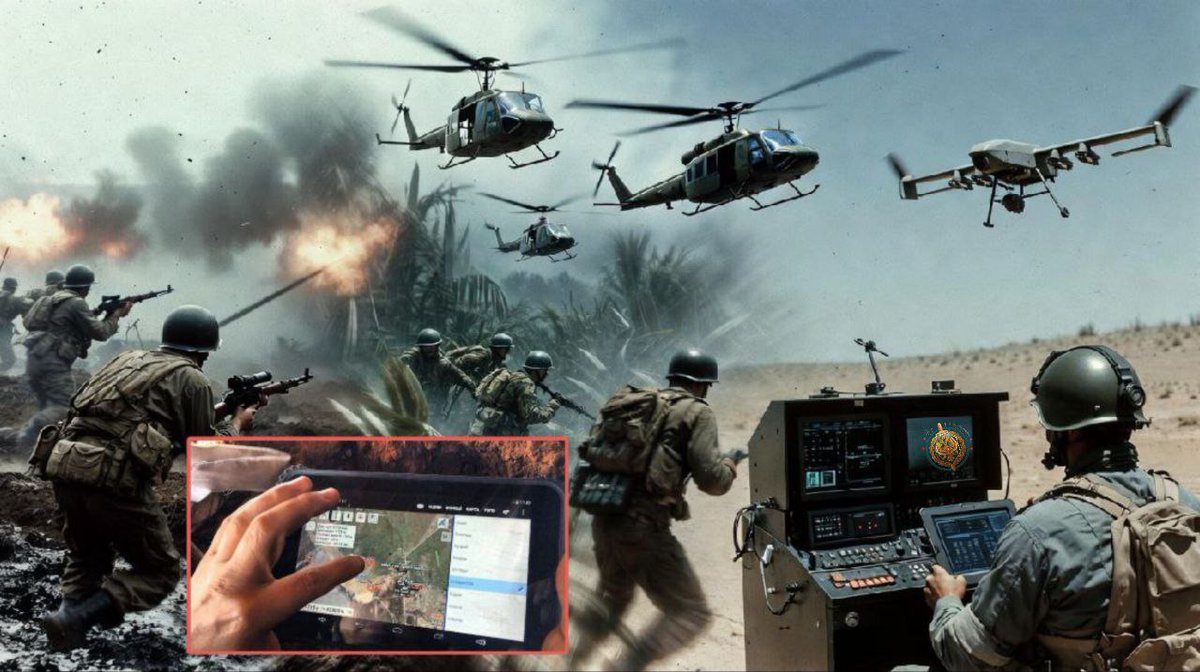1/ Out of 12,000 North Korean soldiers sent to Russia to fight against Ukraine, only two have been captured alive. They have recently been telling their stories to American and South Korean journalists, providing a unique perspective on the war. ⬇️ 

2/ The two men are 21-year-old Baek (left) and 26-year-old Ri (right) (not their real names), both privates in the Korean People’s Army Special Operations Force. It numbers up to 80,000 men and is dedicated to carrying out military, political, and psychological operations. 



3/ Both men say they were working under the direction of the Reconnaissance General Bureau, North Korea's agency for clandestine operations such as commando raids, infiltrations and disruptions.
4/ Each battalion of about 500 men had 1 or 2 embedded political officers from the Ministry of State Security. The political officers told the men that surrender was treasonous and was not permitted. They were expected to kill themselves or be killed by their comrades if wounded.
5/ However, both Ri and Baek were the sole survivors of their units. They suffered critical injuries which left them too wounded to commit suicide and their comrades too dead to finish them off.
6/ Ri, a reconnaisance sniper, says he was conscripted at the age of 17, for compulsory military service that lasts a decade. He has not seen his parents for a decade. Baek, a rifleman, enlisted voluntarily in May 2021 and underwent three years of training.
7/ The two men were children of North Korea's professional class, enjoying privileges such as being able to live in the showcase capital of Pyongyang, studying English and owning smartphones (albeit restricted to North Korea's closed intranet).
8/ Both men were sent to Russia in late 2024. Ri says he was sent to a training ground in Vladivostok in early October and arrived in the Kursk region in mid-December. Baek went in November and reached Kursk on 3 January 2025. Neither man realised initially where they were going.
9/ The two men were issued with Russian army uniforms and falsified Russian military IDs. Their training was similar to that in North Korea, but included additional lessons in dealing with the threat of drones.
10/ A diary found by Ukrainian forces on the body of a dead North Korean soldier named Jong Kyong Hong illustrates anti-drone tactics. It describes using one soldier as bait for a drone, maintaining a 7 metre distance from it, while the other two attempt to shoot it down. 

11/ Jong appears to have been sent to Russia as a punishment or penance for some unspecified wrongdoing. His diary includes an entry explaining why he had gone there:
12/ "I grew up, learning sincerely under the protection of the generous Party, receiving more love than I realized, and I did not understand the price at which my happiness was bought.
Defending the homeland is a sacred duty of every citizen and the highest mission.
Defending the homeland is a sacred duty of every citizen and the highest mission.
13/ "Since I can only be happy in the presence of my homeland, I, dressed in revolutionary uniform to protect the esteemed Comrade Supreme Commander [Kim Jong Un], committed a very serious offence in trying to protect Comrade Supreme Commander,…
14/ …even if it meant betraying the love of the Party that accepted and led me.
The sin I committed ... opened the path to rebirth. I will join the front lines of this operation and sacrifice my life. I will unconditionally follow the orders of Comrade Supreme Commander…
The sin I committed ... opened the path to rebirth. I will join the front lines of this operation and sacrifice my life. I will unconditionally follow the orders of Comrade Supreme Commander…
15/ …I will show the world the courage and self-sacrifice of the Red Special Forces named after Kim Jong Un. And I will win this battle, return home, and fulfil the request of the Mother-Party."
16/ According to Ryu Seong-hyeon, a former North Korean soldier who defected in 2019, "Letters expressing your loyalty to the regime are an attempt to leave a legacy that allows you to be glorified in case you die in battle".
17/ On New Year's Eve, Kim Jong Un issued a message of praise to the men he had sent to Russia. "You have experienced the painful sacrifices and the joyful triumph of costly battle victories. The true camaraderie and the solemn emotion of patriotism." The reality was different.
18/ Baek and Ri were closely monitored by North Korean state security operatives in Russia. Ri says that the security operatives "told us that all Ukrainian military drone operators were actually South Korean soldiers."
19/ Baek says that "food and clothing were fine—no complaints." They appear to have been better treated than the Russians themselves, some of whom have complained on video about the North Koreans getting supplies that they lacked.
https://x.com/Gerashchenko_en/status/1874876608328118755
20/ The North Koreans did not have much contact with the Russians. “As lower-ranking soldiers, we had little interaction. Everything was handled by higher-ups—ammunition, supplies, clothing. There wasn’t much direct communication between North Korean and Russian soldiers."
21/ The North Koreans suffered very heavy casualties. Ri says: "Almost everyone I came with has been killed. All the men who came with me are gone. In my unit, all my comrades have died. There’s no one left."
https://x.com/igorsushko/status/1868027759701946498
22/ He says there were originally about 63 to 65 men in his company. "They’re all gone. I’m the only one left. It was my first time experiencing real combat. When I saw the bodies of my comrades, a lot of thoughts went through my head.
23/ "Some blew themselves up [to avoid capture], leaving nothing but headless or half-torn bodies… In the dead of winter, with snow falling like this, they lay there… and the smell of blood still lingers with me."
24/ Ri was one of the last in his company to be sent into combat. He says that the earlier platoons suffered heavy casualties. His own company had carried out a supporting role transporting supplies and recovering the wounded, "until we had no choice but to fight ourselves."
25/ Both men were critically injured within a few days of arriving on the front line. Baek was part of a 10-man North Korean unit sent in early January to block a Ukrainian supply route. They were attacked with heavy artillery and drones, killing most of the North Koreans.
26/ Baek found himself crippled with shrapnel in his legs. He lost consciousness before he could kill himself, as required by North Korean army protocol. He was found five days later by Ukrainian special forces who persuaded him not to blow himself up with a grenade.
27/ Ri went into combat on 5 January, but says that his unit "suffered heavy losses due to drone strikes and artillery fire. We relied on Russian artillery support, but they fired behind enemy lines instead of covering us properly. That led to unnecessary casualties.”
28/ Ri was part of a three-man squad that followed the main force. "Our company launched a frontal assault while we moved in to disrupt enemy lines. But we walked into an ambush—drones spotted us."
29/ For both Ri and Baek, drones were the greatest threat they faced. Ri claims that the Koreans "shot them down. Russian troops often talked about drone threats, advising us to hide or flee. But our army’s marksmanship is strong—we just shot them down."
https://x.com/front_ukrainian/status/1880592307323650419
30/ By contrast, Ri says that "we received basic training, but there was no specific strategy for drone warfare. Our training emphasised speed—running, hiding, or shooting drones from the ground. We never learned how to take them down effectively."
31/ He admits that "We underestimated unmanned aircraft. Drones were the most… devastating. So many were lost because of them."
https://x.com/saintjavelin/status/1870111939033981067
32/ After Ri and his squad were spotted by a Ukrainian reconnaissance drone, the Ukrainians opened fire and shot all three men. A badly injured Ri was the only survivor. He lost consciousness, but awoke hours later and made contact with another North Korean unit.
33/ The men of the five-man North Korean squad bandaged his wounds, but were attacked by what Ri calls a 'devil drone' – a Ukrainian 'Baba Yaga' heavy bomber drone with an infrared sensor. Several of the men died in the attack.
34/ "We had to hide in a secure area we had already taken over. But around 3 AM, the Ukrainian forces showed up in armoured vehicles, firing machine guns and sending soldiers into our position.
35/ "We had no choice but to retreat, and as we did, another drone attacked, killing one or two of the men who were helping me. I was the only one who survived."
36/ Ri was so badly injured that he could not kill himself. Like Baek, he was captured by Ukrainian special forces on 9 January.
37/ The two men are now being held in Ukraine as prisoners of war and are recovering from their injuries. It is unlikely that they will be able to return home, as they would likely face imprisonment or execution. South Korea has offered to repatriate them instead. /end
Sources:
🔹 x.com/SOF_UKR/status…
🔹 wsj.com/world/diary-of…
🔹 wsj.com/world/north-ko…
🔹 chosun.com/english/north-…
🔹 chosun.com/english/north-…
🔹 chosun.com/english/north-…
🔹 x.com/SOF_UKR/status…
🔹 wsj.com/world/diary-of…
🔹 wsj.com/world/north-ko…
🔹 chosun.com/english/north-…
🔹 chosun.com/english/north-…
🔹 chosun.com/english/north-…
• • •
Missing some Tweet in this thread? You can try to
force a refresh







